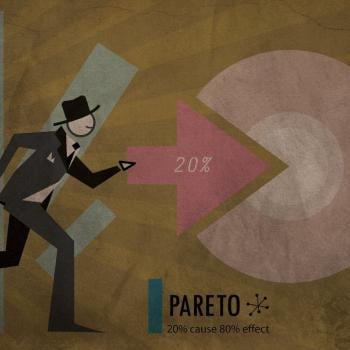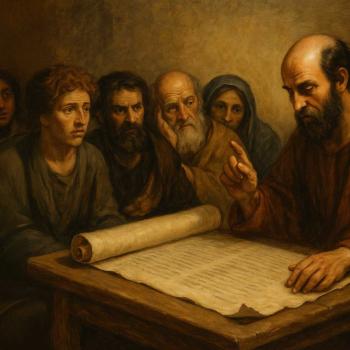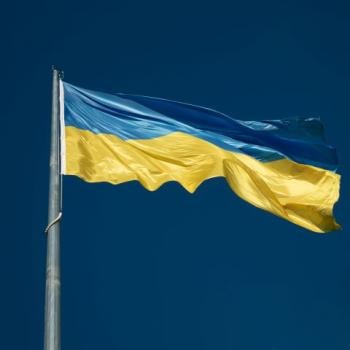What does the public need to know about rape as a weapon of war in conflict? What broader issues of structural violence need to come to light in order for the world to be safer for women?
The fact that rape is increasingly used as a weapon of war in conflict is something that people are starting to understand. The ongoing horrific extent of rape in the Congo conflict alone has brought this to the forefront of public awareness. The gaping challenge is that serious consequences for wartime rape have not yet been established. I Came to Testify tells the story of a precedent-setting case in an international court of law. But the vast majority of prosecution for wartime rapes falls to national courts, which have lagged far behind. Most rapists in war zones walk free.
In 2009 the United Nations Security Council adopted a resolution [UNSCR 1888] mandating peacekeeping missions to protect women and girls from sexual violence in armed conflict, and Margot Wallstrom was named to the new post of Special Representative on Sexual Violence in Conflict last year. There is pressure on the U.N. to go further, and even to consider imposing sanctions on countries where violence against women is used as a weapon of war. So far that has not happened but many believe it could put teeth in the enforcement of UNSCR 1888.
Why should men care about Women, War & Peace?
Of course men should care. And many do. Men and women leading side-by-side in reconciliation and rebuilding is the only way to create a whole peace. But I couldn't possibly answer this question better than Matt Damon, who narrated I Came to Testify.
You directed Episode 1: I Came to Testify, the story of how a group of sixteen women imprisoned by Serb-led forces in the Bosnian town of Foca broke history's great silence and stepped forward to take the witness stand in an international court of law. Of all the varying geographic regions covered in this documentary, why did you choose to produce the Bosnia story? Did you have a personal connection to the country or the conflict?
I've always been intrigued by law and seriously considered becoming a lawyer at one point. International criminal courts are in their infancy, so it's critical that we watch them closely and learn from their successes and their failures. That said, what really pulled me into producing this film was something I saw in a report that fell on my desk one morning. It was the first-ever study, years in the making, of the Bosnian women who had witnessed at the Hague Tribunal for the former Yugoslavia. Halfway through the document I learned that in the first weeks of the war in Bosnia in the 1990s the entire town of Foca basically became a crime scene. Once a place where Bosniaks (Muslims) and Serbs (Christians) lived harmoniously, during the war Bosniak women were imprisoned by Serb soldiers for months on end in public buildings like sports halls and high schools, and subjected to torture and mass rape. According to this report, when the Hague Tribunal was established to bring war criminals to justice, an unusual partnership developed between the female prosecutors and investigators assigned to the Foca case and the women survivors of that horrific experience. I was fascinated to learn more, and the more I learned the more convinced I was that it was an important story that needed to be told.
You've mentioned that Nicholas Kristof and Cheryl WuDunn have claimed that Women's Rights are this century's Civil Rights movement. Do you think this is true? If so, what does this mean for the next generation?
I do, and this idea was profoundly affirmed this week when the Nobel Peace Prize for 2011 was awarded to President Ellen Johnson Sirleaf of Liberia, to Liberian peace activist Leymah Gbowee, and to pro-democracy campaigner Tawakkul Karman of Yemen.
The Nobel committee's statement that "We cannot achieve democracy and lasting peace in the world unless women obtain the same opportunities as men to influence developments at all levels of society" is in perfect synchronicity with the gauntlet Kristof and WuDunn have thrown down, and touches the very heart of Women, War & Peace.
Leymah Gbowee's leadership has been a central inspiration for Women, War & Peace and she is featured in our films Pray the Devil Back to Hell and War Redefined.
If there were one take-away you'd like everyone to come away with, what would it be?




